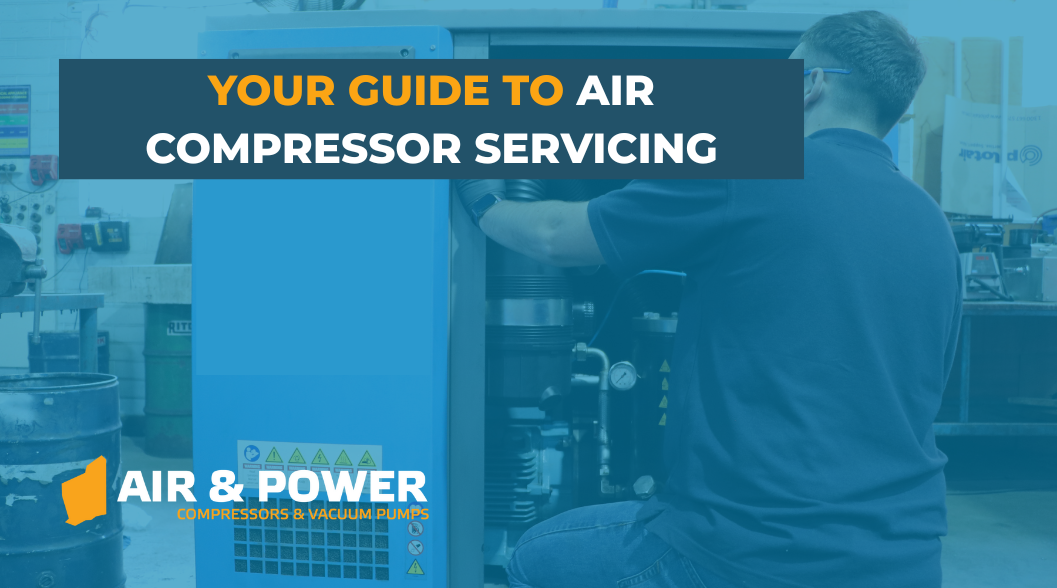For workshops and manufacturing facilities across Western Australia, air compressors are indispensable to daily operations. Ensuring these vital pieces of equipment are regularly serviced is crucial for maintaining efficiency, safety, and productivity. This guide outlines why consistent air compressor servicing is essential, how often it should be done, and the most common maintenance tasks required to keep your compressors in peak condition.
Do Air Compressors Need to Be Serviced?
Servicing air compressors is not just a recommendation; it’s a necessity for any business that relies on compressed air. Here are the benefits of regular maintenance:
- Cost and Energy Savings: Servicing identifies and resolves inefficiencies that increase energy consumption, helping to reduce electricity costs and the likelihood of expensive breakdowns.
- Improved Performance: Routine maintenance ensures that your air compressors operate at optimal levels, thereby supporting consistent production output without unexpected disruptions.
- Extended Lifespan: Regular servicing can significantly prolong the operational life of your air compressors, ensuring you get the most out of your investment.
- Improved Safety & Compliance: Keeping your air compressors in good working order helps to mitigate safety risks and ensures compliance with industry regulations.
How Often Should an Air Compressor Be Serviced?
The frequency of air compressor servicing should align with the manufacturer’s guidelines, which are typically based on operational hours. However, for compressors under heavy use, more frequent checks may be necessary. It’s important to monitor your compressors for signs of wear or unusual performance issues, such as excessive noise, high operating temperatures, or reduced pressure, and not just rely on scheduled service times.
What Is the Most Common Maintenance for an Air Compressor?
Maintaining an air compressor involves several routine tasks:
- Keep Everything Clean: Regularly clean air filters, intake vents, hoses, and, for screw compressors, heat exchangers. A clean air filter prevents unnecessary strain on the compressor.
- Check Your Components: Weekly inspections should be done to check hoses, pipes, and other components for signs of wear such as rust, corrosion, or cracks. Replace any compromised parts immediately.
- Drain Your Tanks: Condensate tanks should be drained periodically, more often in humid conditions, to prevent moisture accumulation.
- Change Your Oil: Regular oil changes are crucial for maintaining compressor efficiency and longevity. Follow the manufacturer’s guidelines for the type and frequency of oil changes.
- Clean Your Fuel Tank: Keep the fuel tank clean to extend the life of the engine, adhering to the manufacturer’s instructions.
- Book an Air Audit: Periodic air audits can help ensure that your compressed air system’s supply matches its demand, optimising energy use and operational efficiency.
Maintaining your air compressors isn’t just about fulfilling a maintenance checklist; it’s about ensuring the continuous, efficient, and safe operation of your business’s core functions. If you’re business is located in Perth of the South West of WA, book your next air compressor service with Air and Power to keep your operations running smoothly and efficiently.







